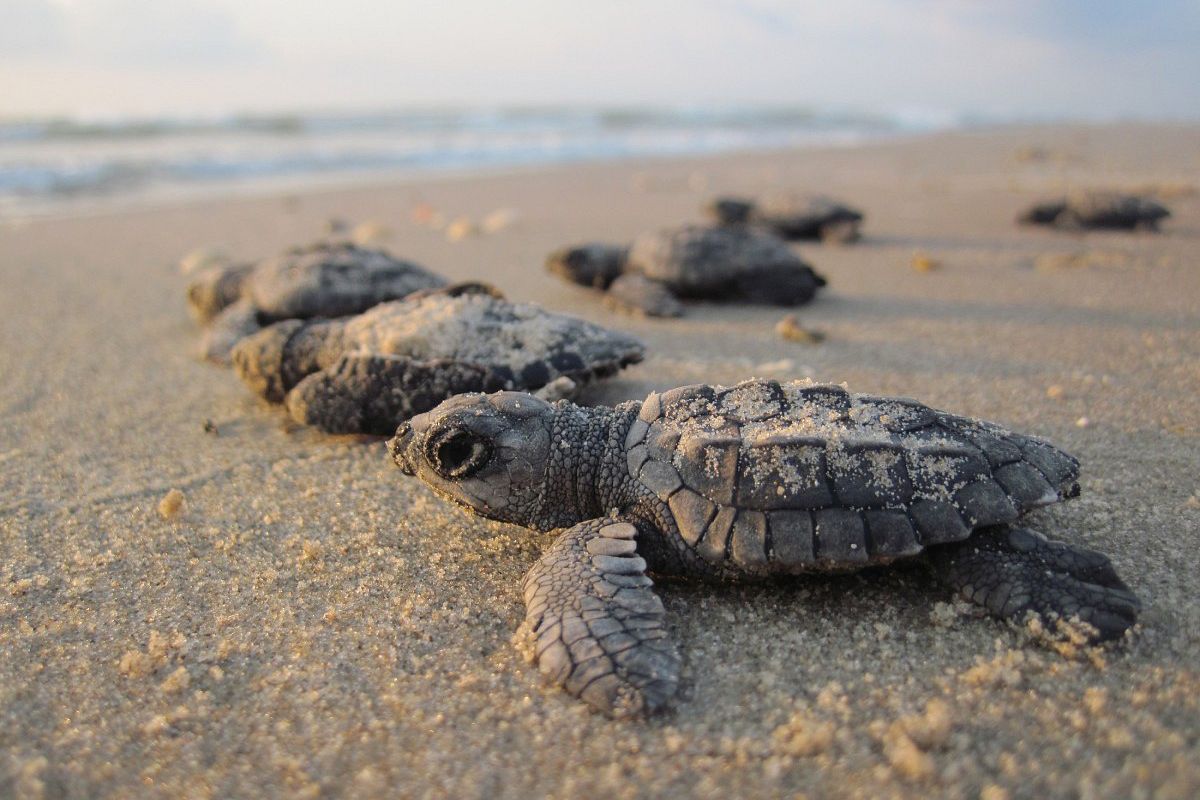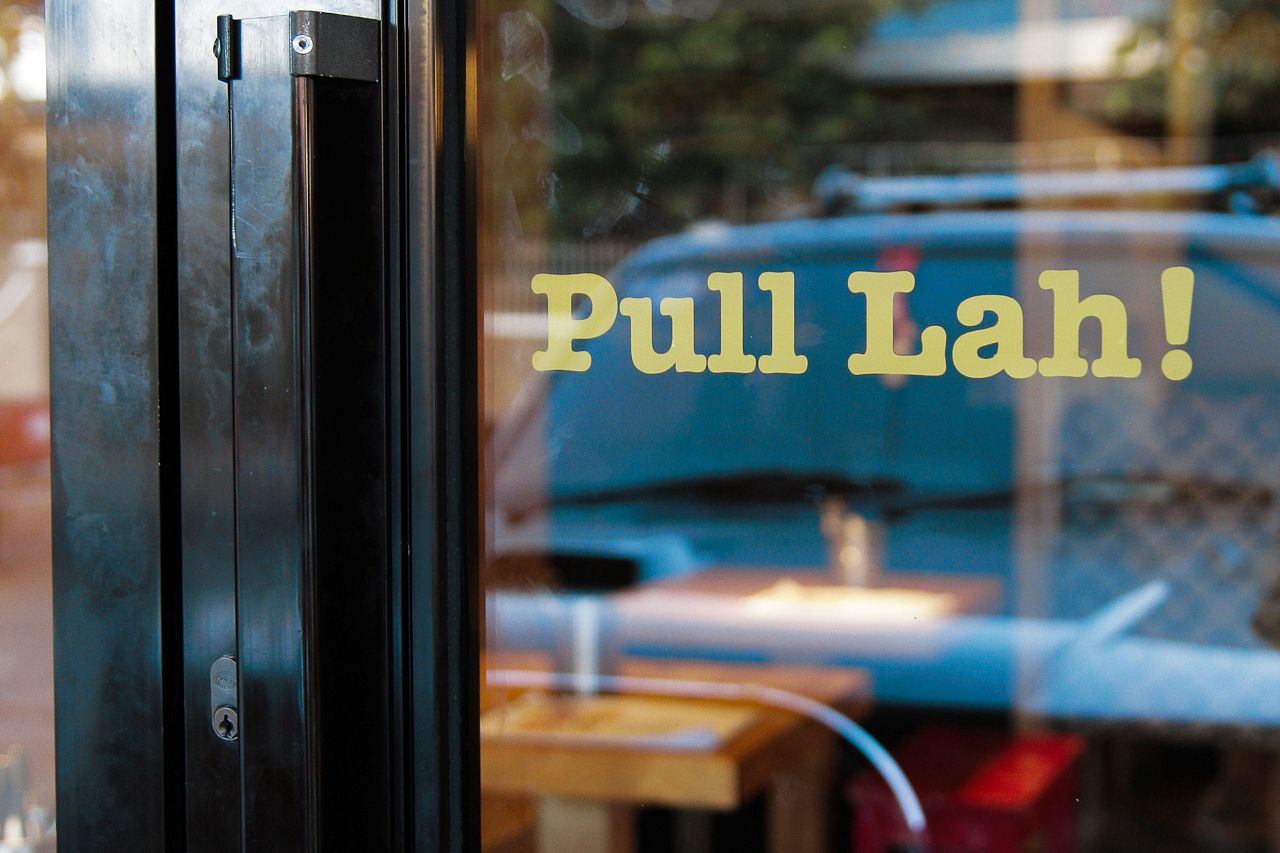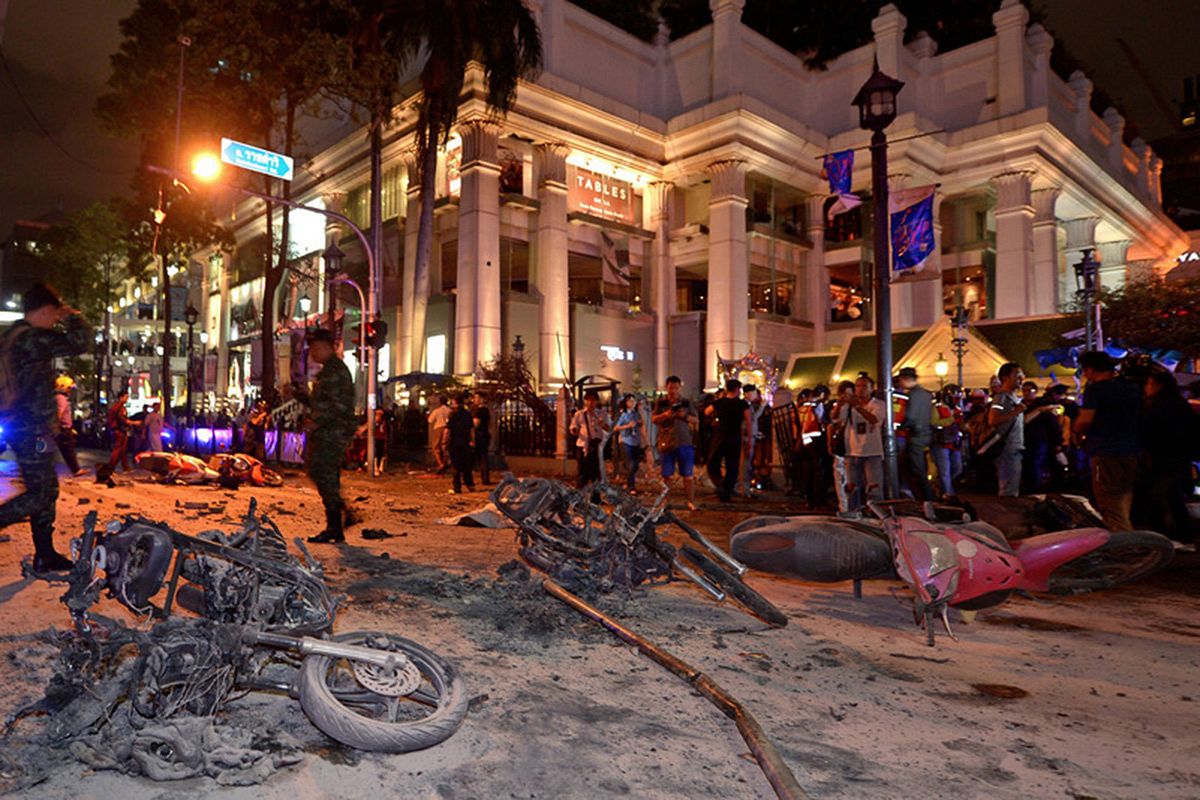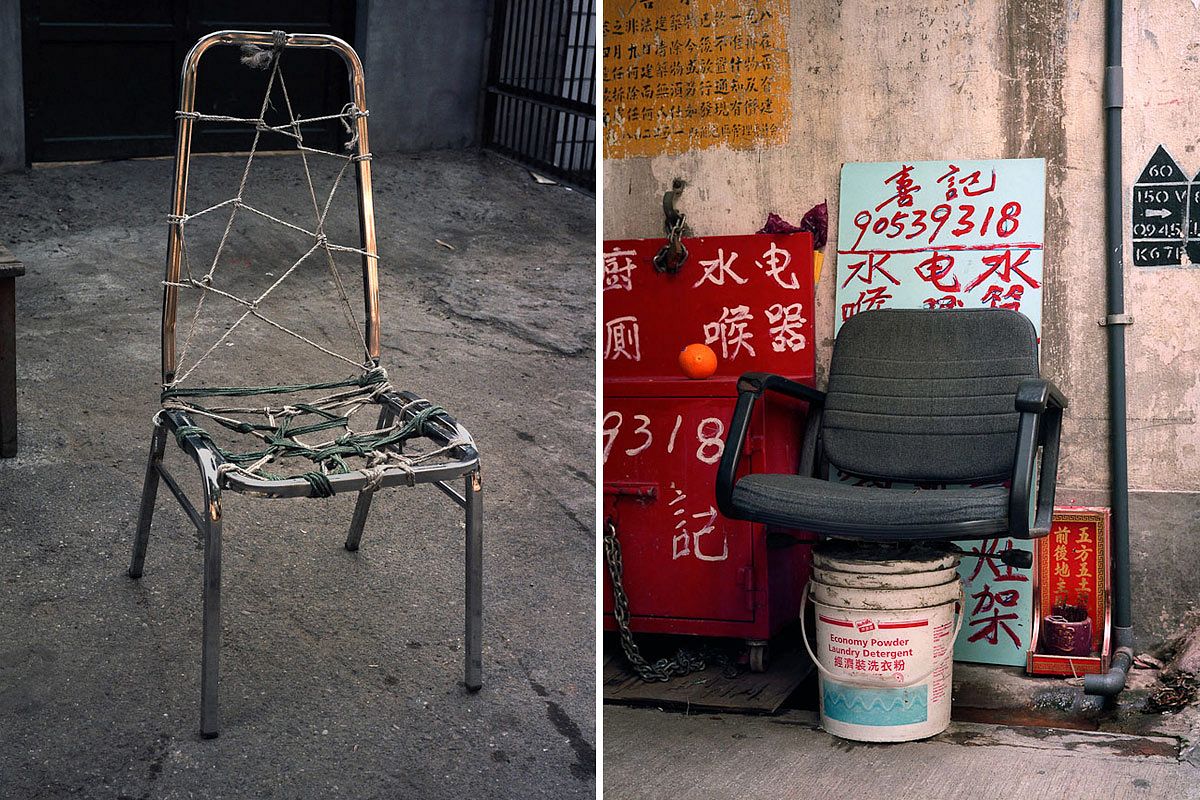The recent disappearance of 152 Vietnamese tourists in Taiwan has the potential to severely affect the visa application process for Vietnamese citizens in the future.
What Happened
On December 25, Taiwanese media reported that several groups of Vietnamese tourists vanished from their hotels while on vacation on the island. A total of 152 individuals, 102 men and 50 women couldn’t be accounted for, prompting their Taiwan-based travel agency to alert the police.
According to Taiwan authorities, 23 of the Vietnamese tourists arrived in Kaohsiung on December 21 and separated from their tour group at some point between Nantou County and New Taipei’s Sanchong District. The remaining 130 entered Taiwan from Kaohsiung, Taoyuan and Tainan on December 23 and strayed from their group on December 23-24. At the time the police were alerted, only the group leader hadn't gone missing.
Taiwan’s National Immigration Agency (NIA) has since formed a specialized operations brigade to cooperate with local police departments to track down the missing tourists. Authorities believe the vanishing could be a case of human trafficking.
The group’s trip in Taiwan was arranged by Vietnamese travel agency International Holidays Trading Travel, which has denied their involvement in the incident, saying that they only assisted with the visa application process and didn’t know about the tourists’ travel plans. In Taiwan, their tours were arranged by Taiwan-based ETHoliday (東森國際旅行社), which contacted local police upon the mass disappearance.
The tourists were staying at the Kaohsiung International Star Hotel in Sanmin District and the Delton Hotel in Yancheng District. According to the hotels, they checked in at 6pm, but a few left as early as 7pm. Chen, an employee at the International Star, told police that at 9:30pm, while delivering guests to the hotel, she saw some Vietnamese tourists dashing out of the building with their luggage and hurrying into private vehicles.
Police report says that they were seen in a range of vehicles, including minibusses, shuttle buses and taxis. NIA agents are trying to find them by tracking these cars, whose owners are based all over the island, leading authorities to believe that a larger human smuggling operation is involved.
By noon today, December 27, Taiwan News reports that NIA has found seven of the missing tourists. Specifically, three had already returned to Vietnam since the search began; one tourist was discovered to not have actually left their tour group and three others were hiding in their hotels.
Immigration agents arrested the latter three in Chiayi, Changhua and Hsinchu counties last night, December 26. They have since been sent to the Kaohsiung Prosecutor’s Office on charges of violating the Human Trafficking Prevention Act (人口販運防制法). At the moment, 145 of the missing tourists are still unaccounted for.
The Kuan Hung Pilot Project
The incident has called into question the Kuan Hung Pilot Project, through which the flighty tourists were able to procure Taiwanese visas. Kuan Hung — or Quan Hồng in Vietnamese — is a project by the Taiwanese government to foster the relationship between Taiwan and six South and Southeast Asian nations by lowering visa requirements for tourists from the six countries, including Cambodia, India, Indonesia, Laos, Myanmar and Vietnam.
Started in 2015, Kuan Hung allows tourists from the aforementioned nations to apply for Taiwanese visas online free of charge and without the need to prove their employment and wealth. However, the perks only apply to a group of five or more, and they can only apply through travel agencies approved by the Taiwanese government.
Since the 152 tourists were reported missing, Taiwan has also voided their visas and they will be deported once found. Moreover, the Bureau of Consular Affairs also canceled 182 other approved visas of tourists who booked tours through Vietnam-based International Holidays Trading Travel, the agency of the missing tourists. Future visa applications from the same agency have also been suspended.
In light of the scandal, which is the most severe case of runaway tourists since Kuan Hung was started, the news source added that the Taiwanese government will revisit the Kuan Hung Project to prevent similar cases from happening in the future. Meanwhile, the Taiwan Tourism Bureau said that it would tighten the visa review process and randomly select applications for additional inspection.
Should Vietnamese Tourists Be Worried?
According to VnExpress, after news broke that 152 tourists disappeared in Taiwan, a representative from the Taipei Economic and Cultural Office in Ho Chi Minh City held an emergency meeting with travel agencies in Vietnam on December 26.
The representative assured the agencies that Taiwan will still continue to grant visas to Vietnamese tourists; however, tourists will be monitored tightly upon arriving on the island to make sure there will be no repeat incidences.
“At the moment, Taiwan tours are not affected as Kuan Hung policies still haven’t changed,” a spokesperson from local agency Vietravel told the newspaper. “Agencies are still allowed to apply for group visas, but are required to specifically fill in the exact birth dates of travelers like in their passports, and not just write ‘January 1’ for everyone like before.”
It’s still unclear if Taiwan will adjust Kuan Hung policies after things settle down, but for the time being, it seems that the incident hasn’t significantly complicated the visa process for Vietnamese just yet.
“What happened last week was an isolated case. There are still quality tour groups and we should not view the project with so much negativity,” Director-General of the Taiwan Tourism Bureau Chou Yung-hui told Taipei Times in a previous interview.
Currently, there are three ways Vietnamese can apply for a Taiwan visa. The easiest way is reserved for past (no more than 10 years back) or current holders of visas to the US, Canada, Australia, Japan, New Zealand, South Korea and the Schengen Area. These travelers can directly apply online for free. The second way is through the Kuan Hung Pilot Project. Lastly, tourists can also apply for a physical visa via the Taipei Economic and Cultural Office at a cost with more complicated paperwork requirements, including proof of employment, wealth, two-way plane tickets, etc.
This is a developing story.
[Top photo via Taiwan News]














